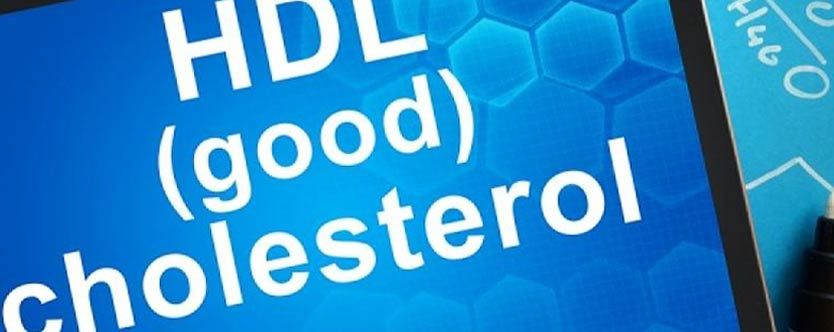
A good cholesterol ratio is the right balance of the different cholesterol in the blood. The two main forms are HDL (Good cholesterol) or High-Density Lipoprotein and LDL (Bad cholesterol) or Low-Density Lipoprotein. LDL and HDL undertake the unique task of carrying vitamins and other substances through the blood. LDL cholesterol is high in fatty acids and low in protein and hence more prone to oxidation. It delivers cholesterol to the tissues. When you do not provide your body with sufficient antioxidants like selenium, Vitamin A, C and E, LDL get oxidized much faster. Hence it is referred to as the bad cholesterol. As far as LDL doesn’t get oxidized, it is not harmful.
HDL Cholesterol – Overview
On the other hand, HDL cholesterol is high in protein and carries lesser fatty acids. It picks up the excess cholesterol left by LDL and transports it back to the liver or to the tissues, which need it. Hence it is called the good cholesterol. So if you have an undesirable ratio of very high LDL and very low HDL, beware. Most of the people suffering from heart disease show a high heart risk ratio. This ratio not only increases the coronary risk but also leads to insulin resistance, type II diabetes and even depresses the immune system.
Vegetarians – High Lipid Profile
I have often seen vegetarians getting shocked on noticing their high lipid profile. However, whether vegetarian or non-vegetarian, no one wears the shield against heart disease. Scrutinize your diet and soon enough you will be able to nab the culprit. Refined oil, cheese, products made from white flour, sweets, chocolates, ice creams, whole milk, fried and processed foods are all LDL boosting agents. Besides unhealthy eating habits, lack of exercise, stress and genetics are also responsible for too much LDL.
Degree of Artery Damage
The degree to which your arteries can get damaged depends on:
- A number off free radicals in your body
- The amount of antioxidants (found in fresh fruits, vegetables and whole grains.) consumed, as they suppress free radical activity
- The type of oil used
- The amount of soluble fiber in your diet
What are the reasons for low LDL?
Before we learn the ways to raise good (HDL) cholesterol, it is important to know what causes it to be low in the first place. The most obvious reason is genetics. The family history of heart problems or cardiovascular problems can make liver unable to produce sufficient HDL. Also, drugs like steroids, smoking, excessive alcohol, little or no exercise, excessive intake of PUFA oils from corn, sunflower, safflower and wrong food habits also have the ability to lower HDL levels.
Treat High Cholesterol with Health Total
So if you suffer from high or low cholesterol levels, and are looking for a proper diet plan to meet your specific requirements, Health Total can help. Our personalized diet and meal plans are formulated after a full consultation with our doctors and nutritionists and created keeping in mind your needs and requirements. Call us on our toll-free number ![]() 1-800-843-0206 for your First FREE Consultation and get your personalized diet and meal plan today!
1-800-843-0206 for your First FREE Consultation and get your personalized diet and meal plan today!
